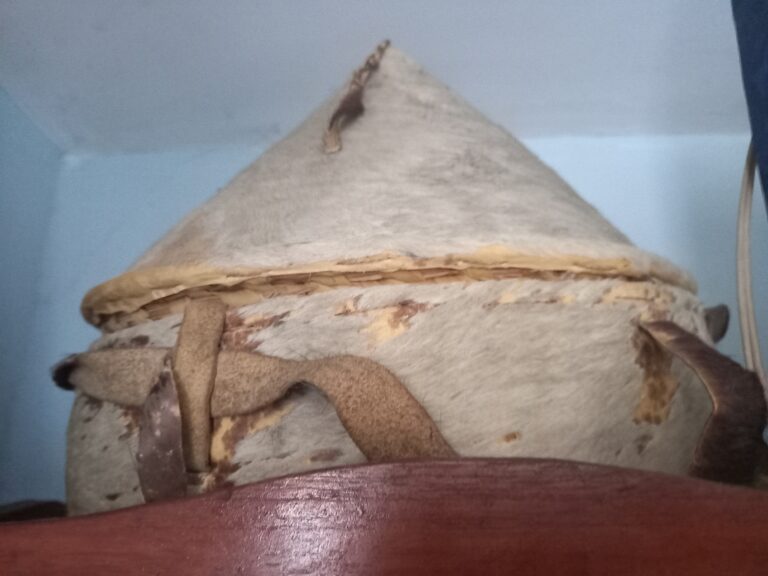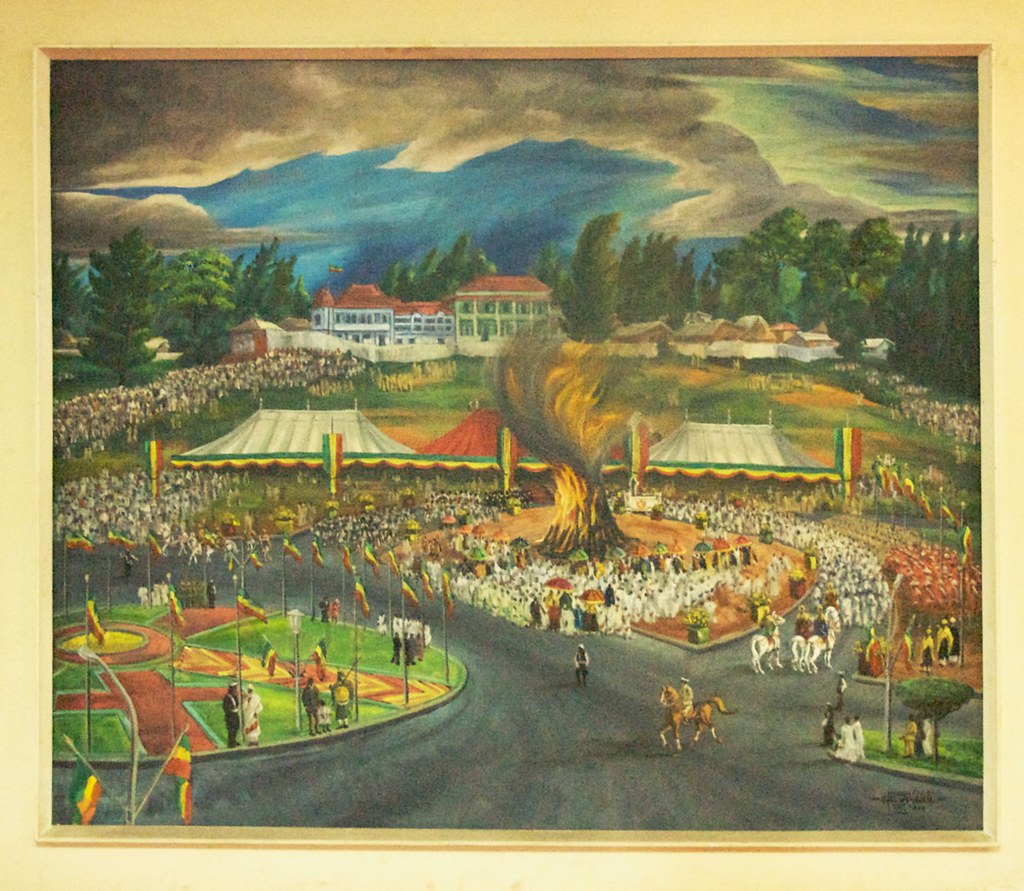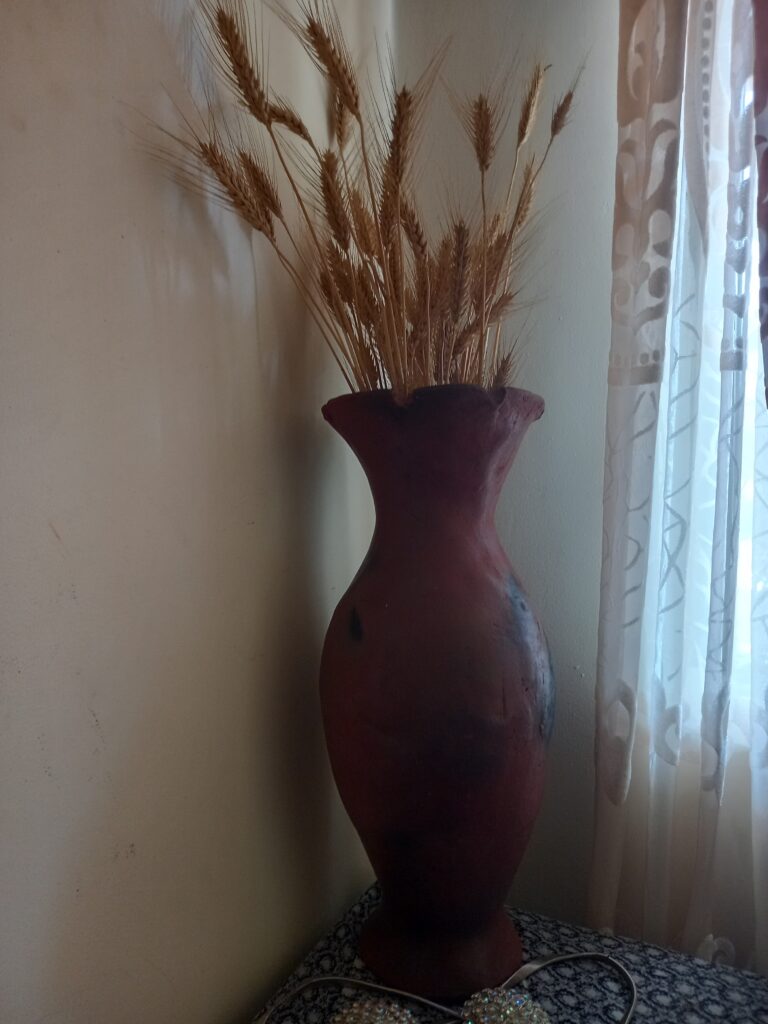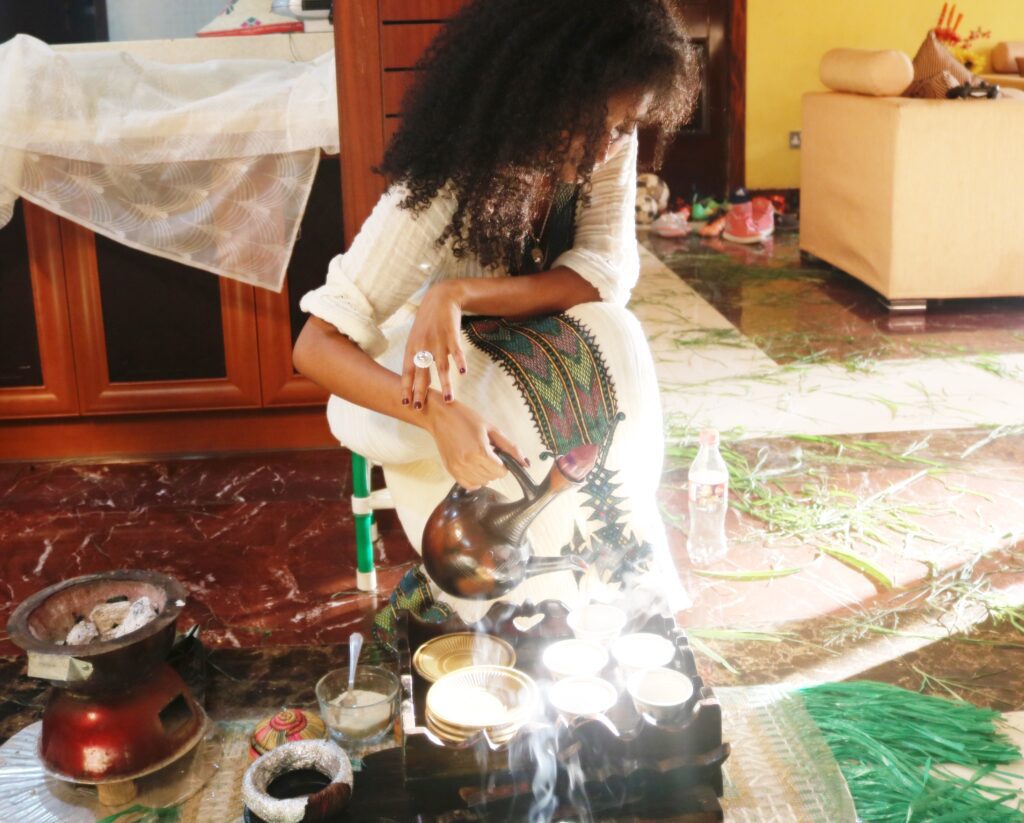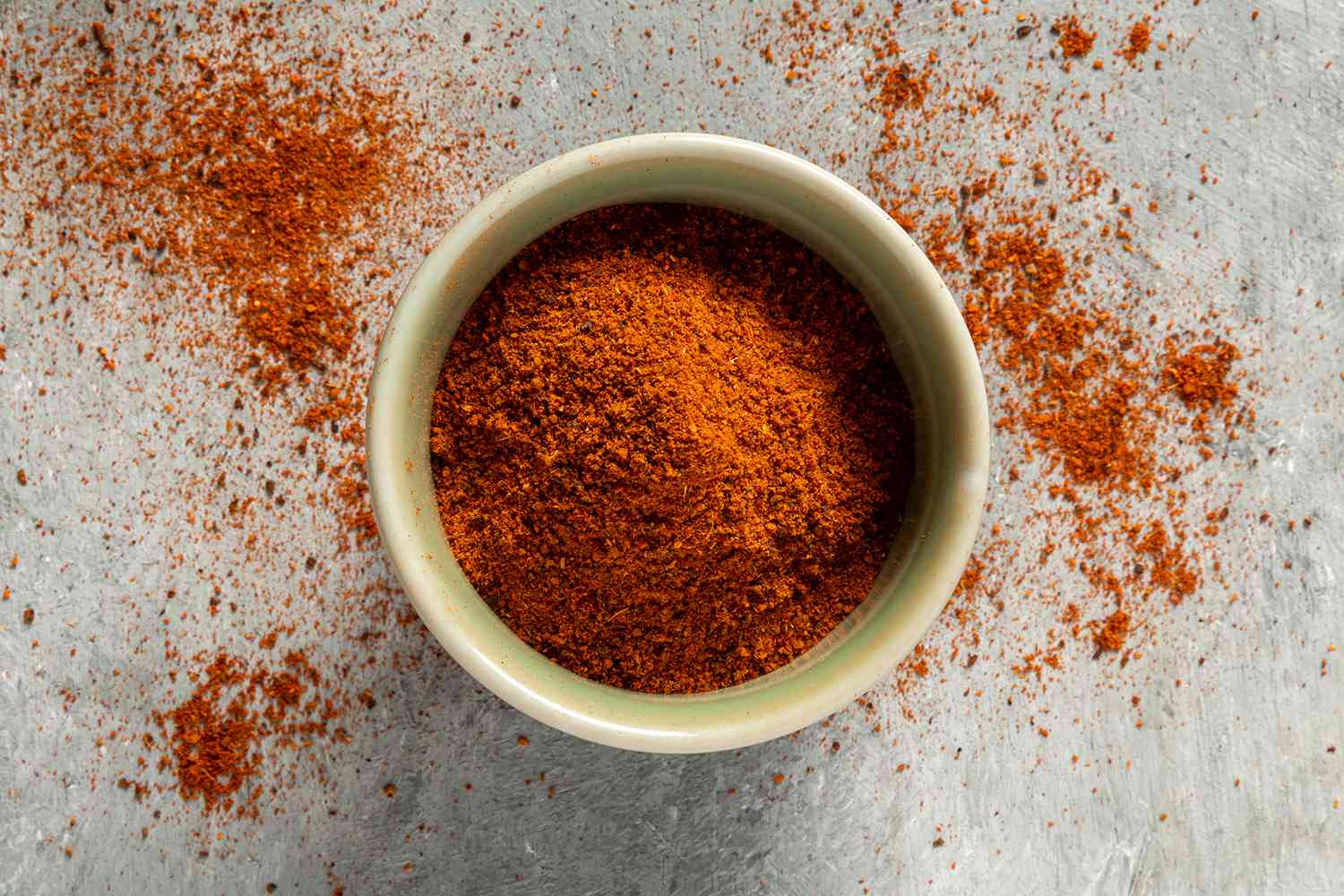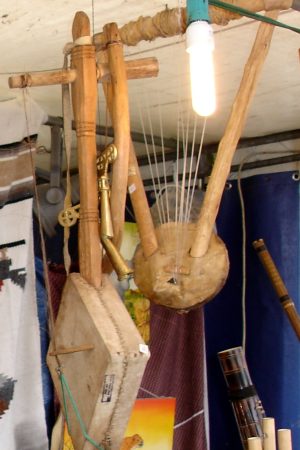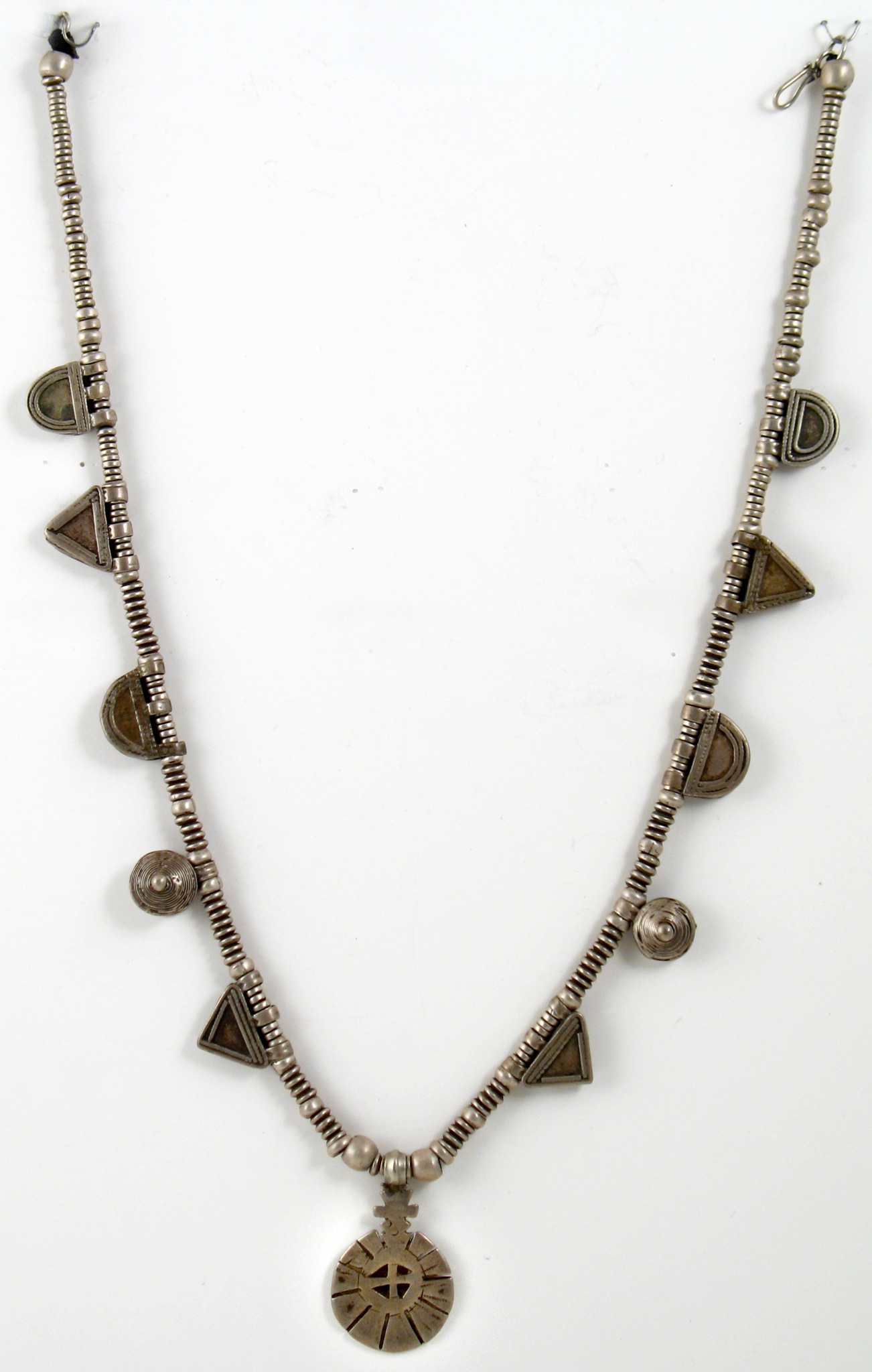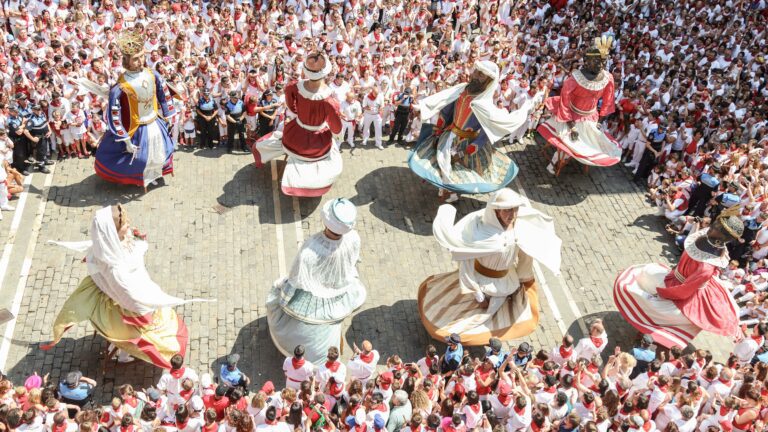Ethiopian spices are known for their unique flavors and aromas, and they play a central role in Ethiopian cuisine. Ethiopian dishes have rich and complex flavors, as the result of blending spices. The variety is enormous and depend on the dish and the region.
One of the most important Ethiopian spices is “berbere,” which is a blend of spices that typically includes chili peppers, garlic, ginger, and various other spices like cumin, coriander, and fenugreek. Berbere is used in a variety of Ethiopian dishes, including stews, soups, and meat dishes, and it is known for its spicy, smoky flavor.
Another popular Ethiopian spice is “mitmita,” which is a blend of chili peppers, cardamom, and salt. Mitmita is typically used as a seasoning for grilled meats and vegetables, and it is known for its intense, spicy flavor.
Other Ethiopian spices include “korerima,” which is a type of cardamom that is used in coffee, “Nigella,” a type of seed used in bread and spice blends, and “turmeric,” which is used in a variety of dishes and gives a bright yellow color to foods.
You can typically find Ethiopian spices in local markets and spice shops. They are often available in pre-made blends or as individual spices. You can use these spices to add flavor and depth to a variety of dishes.
In addition, they provide several health benefits, given their anti-inflammatory and antioxidant properties. Ginger soothes upset stomachs and relieves nausea, whereas turmeric offers anti-inflammatory properties to alleviate pain and swelling.
Ethiopian spices are an important part of Ethiopian culture and cuisine. They’re unique and flavorful Ethiopian gifts to bring back from your travels.
Whether you’re looking for a spicy berbere blend or a fragrant korerima, Ethiopian spices are sure to add a delicious and exotic touch to your cooking.
